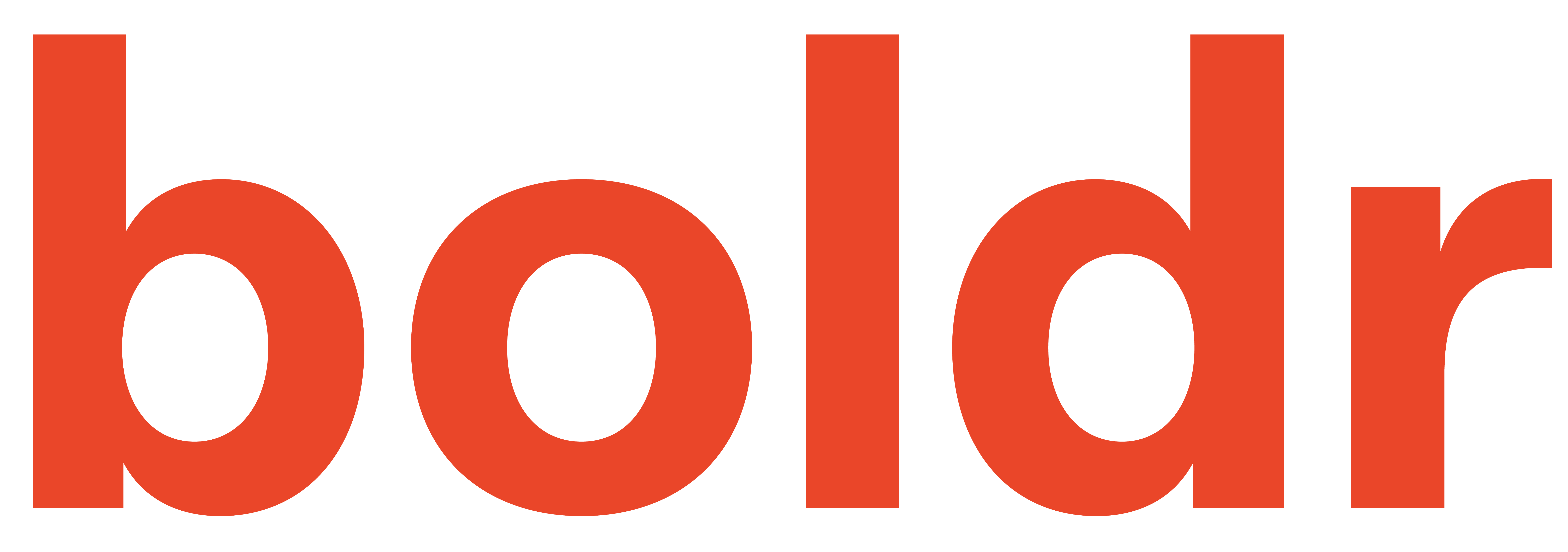Last fall, a voter initiative in Seattle asked whether or not utility companies should be restricted from promoting natural gas over renewable energy sources. It passed — very narrowly, with a 3.5% margin, according to Ballotpedia — and therefore allowed utilities to promote natural gas usage.
But last month, state Superior Court Judge Sandra Widlan struck down Initiative 2066, saying that it violates the state's constitution, KOMO News reported. Specifically, she explained that it violated a provision that limits citizen initiatives to one subject.
This means that now, utility providers will have to offer gas service when asked, but they will not provide rebates for it, and they will be required to inform customers about incentives for upgrading to electric appliances instead.
Local environmental group Washington Conservation Action celebrated Judge Widlan's ruling. "This is an incredible win for the people in Washington," said WCA leader Christina Wong. "[It] validated what we've been saying all along, that people were misled in voting for this initiative."
Instead, she argued, requiring utilities to move towards cleaner, renewable energy sources is the key to creating a sustainable and stable future. And in most cases, it will actually be a win for the consumer, too.
For example, upgrading from a gas stove to an induction burner generally means gaining a stove that's up to 300% more efficient, per the Department of Energy, and that translates to much cheaper power bills.
And not only can homeowners benefit from savings in their monthly expenses, but the federal Inflation Reduction Act currently offers up to 30% off the cost of installation via tax credits and rebates. (For renters or homeowners who still can't afford an installation, plug-in burners are a great option and start as low as $50.)
Additionally, moving away from gas means significantly cutting back on indoor air pollution. The gases and compounds generated by gas flames have been linked with respiratory illness and cancer; the smaller your cooking space and home, the worse the risks. An induction stove, fortunately, eliminates this indoor air pollution and creates a clean and safe indoor environment.
"With 2066 struck down, Washingtonians can get back to work towards a cleaner, healthier, more affordable energy future," Wong emphasized. "This is a win for Washingtonians, not the fossil fuel lobby."
|
Should the government be able to control how we heat our homes? Click your choice to see results and speak your mind. |
Join our free newsletter for good news and useful tips, and don't miss this cool list of easy ways to help yourself while helping the planet.















